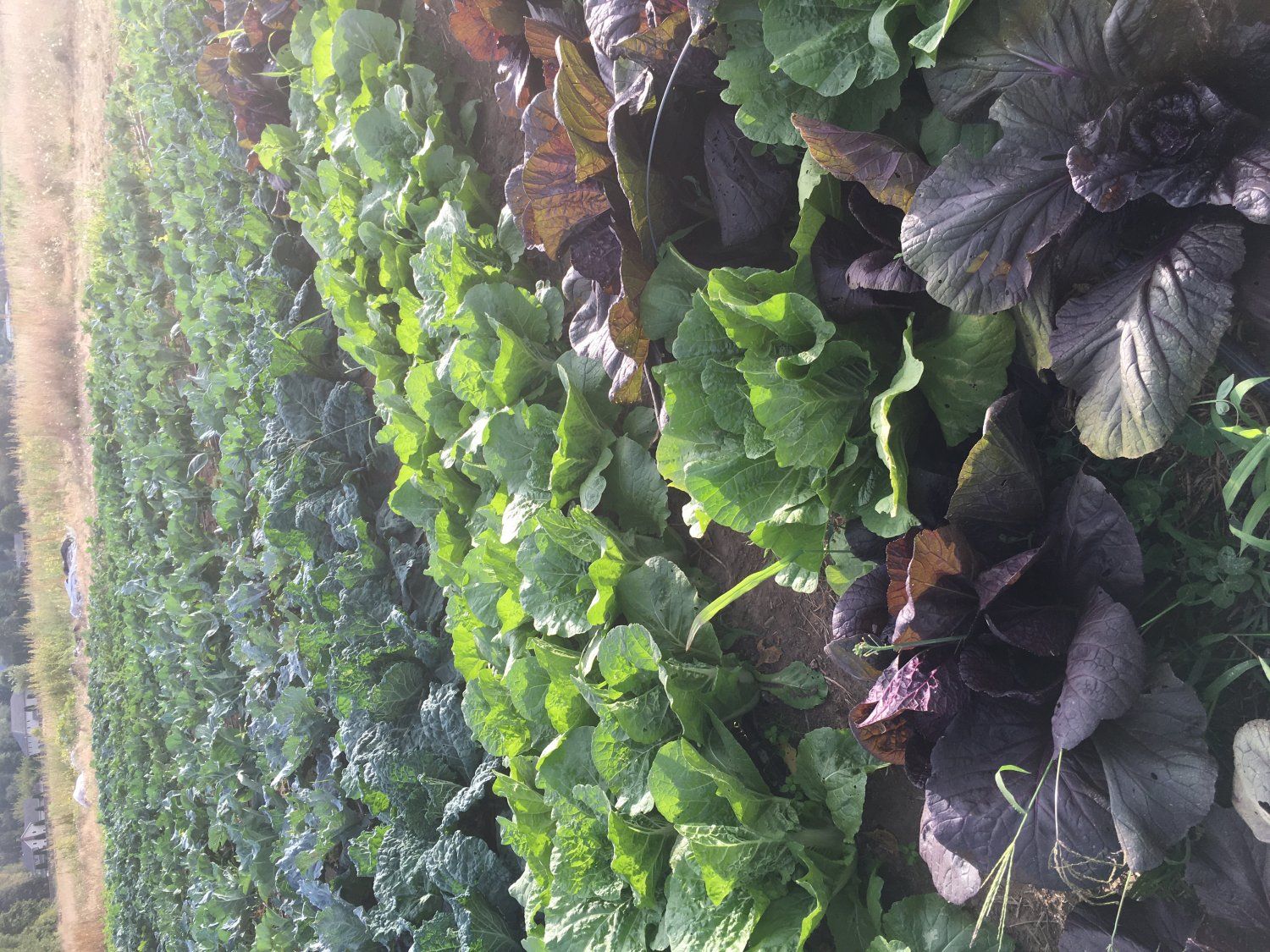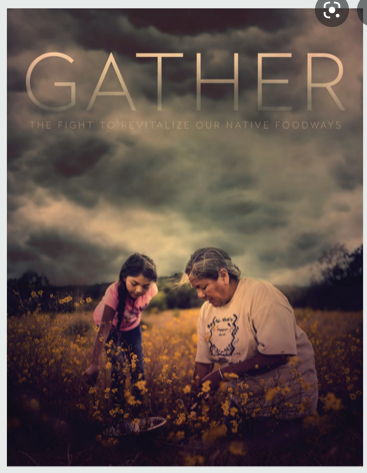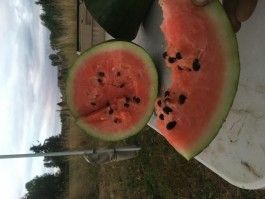Hello and welcome to Week 20! Just a reminder that the main season share ends NEXT WEEK. We will take a break for one week to clean up, rest, and say good bye to some of our crew members, and then Fall shares will begin October 28. For some every other week members, this may be your last week. We hope everyone has enjoyed the veg this year and thank you for rolling through the seasons with us!
This is probably the last week for tomatoes and zucchini! But it is the first week for escarole, leeks, and more winter squashes! We are beginning to prep the 2022 garlic patch and will be filling the tunnels with even more crops and cover crops once the tomatoes vacate. We are experimenting with some more overwintered crops so we can provide more variety in early season shares (overwintered onions! fava beans! more herbs!) Read to the end of the newsletter for a hot take on watermelons and genetic diversity.
If you are Queen Anne Market pick up member and would like to sign up for the fall share, we will have a couple of alternate pick up options that we will be working out this week. If you are interested in a fall share but have not signed up, let me know so we can do more planning.
Just a shout out to escarole:
We love this delicious, slightly bitter green. Looks like lettuce, tastes like radicchio/endive/frisee. So delicious in soups, especially the classic escarole and white bean soup. Makes for a very tasty salad, like this one with hazelnuts, pecorino, and pickled red onion.
We also found the last of watermelons out in the field! Not too many, but super sweet! A note about seeded watermelon:
I try to not have too many decisive opinions, but I am firmly against seedless watermelon.
All seedless watermelons are hybrids and are triploids. This means a chemical process is needed to artificially make one of the parent watermelons produce pollen that has double the chromosomes. This is then bred with a regular diploid watermelon parent to make the triploid, seedless watermelon. These seeds are quite expensive, tricky to germinate, and the farmer still needs to plant pollinator watermelons (usually about 25% of the field) so the seedless (sterile) watermelons will actually form (these pollinator melons are usually wasted.)
This type of process to produce seedless (and less flavorful) watermelons means that the farmer can't save their own seeds, and many regional varieties of melons are lost to extinction. Making specific hybrid crosses (across all types of plants) is very labor intensive and usually does not happen in the US where labor is expensive. We don't have a clear idea how the farm workers are treated at these farms where they are hand pollinating thousands of flowers.
We make a big effort to support local and regional seed farms to purchase a majority of our seeds or save our own so we know the full story of our seed's supply chain.




